NOW HIRING!
We are now hiring. Please call or send us an email to submit your applications.
8 Simple Steps to Ensure Your Tow Goes Off Without a Hitch
Getting properly prepared for towing companies is essential for a safe and efficient towing experience. This guide covers everything you need to know to get your car ready. By following these steps, you can prevent common issues that arise during towing and ensure the safety of your vehicle.
1. Confirm the Towing Company’s Credentials
Before your vehicle is towed, it's crucial to verify that you're working with a reputable company. Working with quality towing companies ensures that your car is handled by professionals trained in safe vehicle transport. Look into the company’s reputation by reading customer reviews or asking for recommendations. A well-established towing company will likely have a track record of reliable service. A company with a history of good customer service can help avoid miscommunications and unexpected delays.
2. Take Photos of Your Vehicle
Taking photos of your vehicle before the tow truck arrives is an essential precautionary step. Be sure to capture clear, detailed images of your vehicle from multiple angles, focusing on any existing damage such as scratches, dents, or worn areas. Documenting the condition of your car not only protects you in case new damage occurs during transport but also serves as proof if you need to dispute claims with towing companies or your insurance provider.
It’s advisable to take both wide-angle and close-up shots of specific areas of concern. This photo documentation is particularly useful if you own a vehicle with custom modifications or valuable equipment. In some cases, you may also want to record a short video showing the car’s overall condition, especially if it’s being towed for extensive repairs. Keeping these records organized and time-stamped will make it easier to file an insurance claim or request compensation in case of disputes.
3. Remove Personal Items
It’s vital to remove all personal items from your car before the tow. Many people overlook this step, only to discover later that valuable items were either lost or damaged during the tow. Empty your vehicle of any valuable items, including electronics like GPS systems, charging cables, sunglasses, or loose change.
Check the glove compartment, center console, and trunk for any forgotten items. Additionally, if you have important documents like insurance papers or registration forms in the car, consider taking them with you for safekeeping. Even seemingly small items like air fresheners or phone mounts should be removed or secured to prevent them from becoming projectiles during the tow. Clearing your car of all loose items will ensure a smoother process and protect your personal property.
4. Secure Loose Parts
Before the towing service arrives, inspect your vehicle for any loose parts or accessories that might become detached during an accident or breakdown. This includes antennas, side mirrors, spoilers, or roof racks. If these parts are not securely fastened, they could become dislodged and damaged during the towing process. Use zip ties, tape, or other fastening methods to ensure that everything remains securely attached.
If your car has aftermarket accessories, such as custom lights or body kits, make sure these are properly secured or temporarily removed. Any fragile or easily detachable parts should be either reinforced or stored in a safe location to prevent loss or damage during the tow. By addressing these potential issues in advance, you reduce the risk of costly repairs and protect both your vehicle and the towing equipment. Taking the time to secure loose parts also contributes to the overall safety of the towing process, ensuring that no components fall off while the vehicle is being moved.
5. Engage the Parking Brake
Once the towing process begins, engaging the parking brake adds an extra layer of security to ensure that your vehicle remains stationary. While professional tow services typically use straps, chains, or wheel blocks to secure your car to the tow truck, applying the parking brake provides additional peace of mind. It serves as a final safeguard, reducing the risk of your vehicle shifting during transport, particularly if the towing involves long distances or steep inclines. Make sure that the parking brake is fully engaged, especially if you own a manual transmission vehicle, which can roll more easily than automatic cars. Taking this simple action is an effective way to avoid unnecessary problems during the towing process.
6. Provide Access to Keys
Giving towing companies access to your vehicle’s keys is crucial for a smooth towing process. In many cases, they may need to unlock the steering wheel, put the vehicle in neutral, or adjust the wheels to facilitate proper loading onto the tow truck. Without the keys, the towing process can become complicated, leading to delays or even damage to your car.
If your vehicle requires specific key fobs or special access keys, ensure that these are also handed over to the towing operator. In some cases, it might be useful to provide a spare key if you are unable to be present during the tow. Communicating with the towing service about where and how to deliver the keys is essential, especially if you’re arranging the tow remotely. Make sure to clarify any security concerns, such as where the keys will be left after the vehicle is dropped off.
7. Ask About the Drop-off Location
Before your vehicle is towed, clearly communicate the drop-off location to the towing company. Whether you’re sending your car to a mechanic for repairs, your home, or another safe location, it's important to verify that the drop-off site is ready to receive the vehicle. This may include ensuring that someone will be available to accept the car or that the area has enough space to accommodate a tow truck.
It’s also a good idea to give specific instructions regarding how the vehicle should be delivered, especially if the drop-off location has special parking regulations or entry points. Provide contact details for the receiving party, whether it's a mechanic or another authorized person, to prevent delays and miscommunication. If there’s any uncertainty about the drop-off process, it can lead to additional fees or logistical problems, so make sure the details are well-coordinated in advance.
8. Verify Payment and Charges
One of the most important steps in the towing process is verifying the total cost of the service. Before your vehicle is towed, ask for a complete breakdown of all charges, including any additional fees for after-hours services, long-distance towing, or storage if applicable. Make sure you understand the pricing policy of any towing companies you turn to.
It’s also worth discussing the payment method with the towing company upfront. Some towing companies may require payment before the tow, while others bill after the service is completed. Requesting a written estimate or receipt is highly recommended, as it gives you a paper trail for the transaction. Clear communication about costs not only ensures transparency but also helps you avoid disputes over unexpected charges. By discussing financial details in advance, you can budget accordingly and make informed decisions about your vehicle’s transportation.
By following these detailed steps, you can ensure that your car is fully prepared for towing. This not only guarantees safety but also provides peace of mind during the towing process. If you're looking for reliable towing companies near you, look no further than the professionals at Bad Day Towing. According to Zippia, there are more than 31,154 tow truck drivers in the United States, but not all of them can promise to make bad days great again!

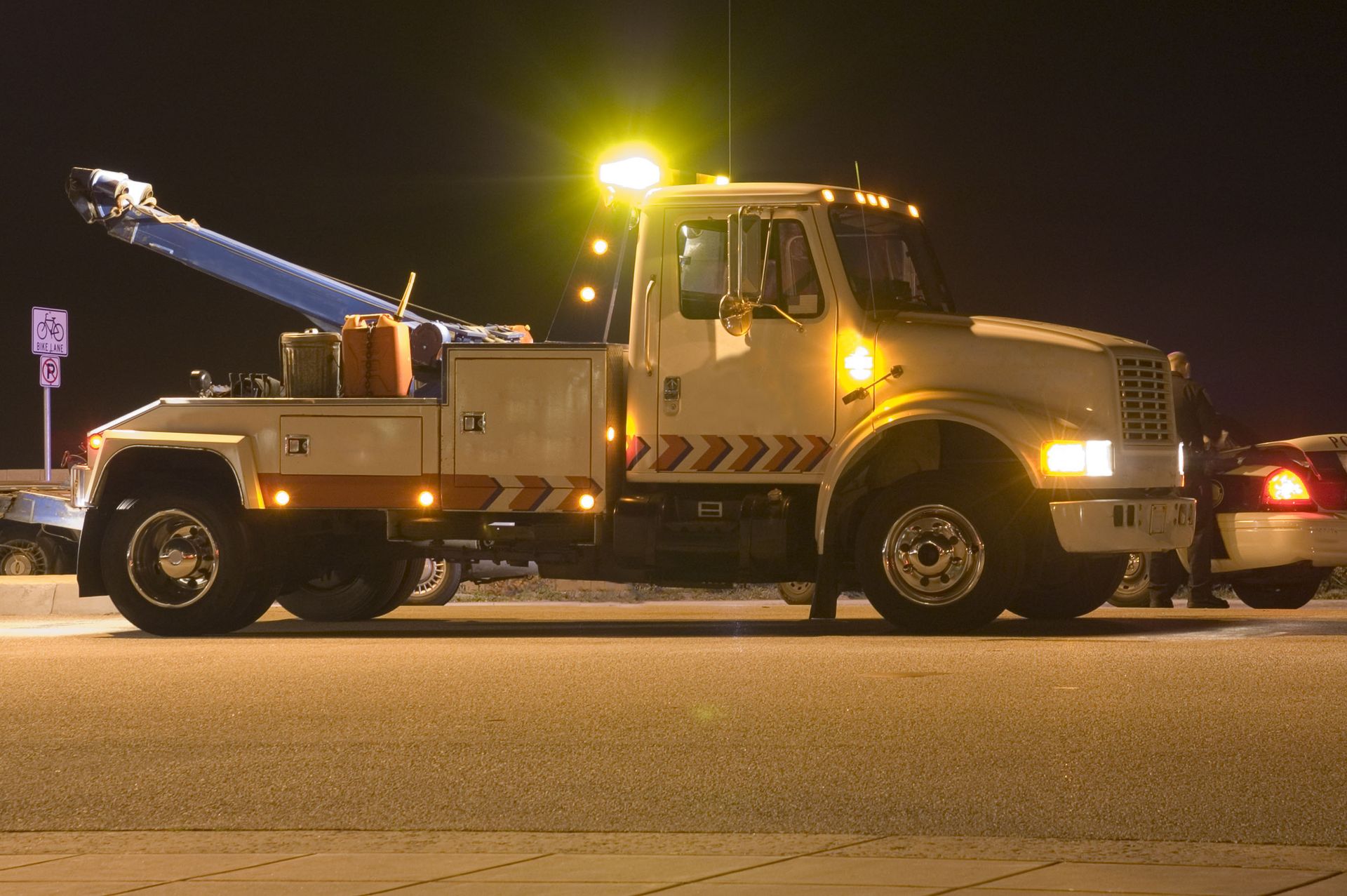
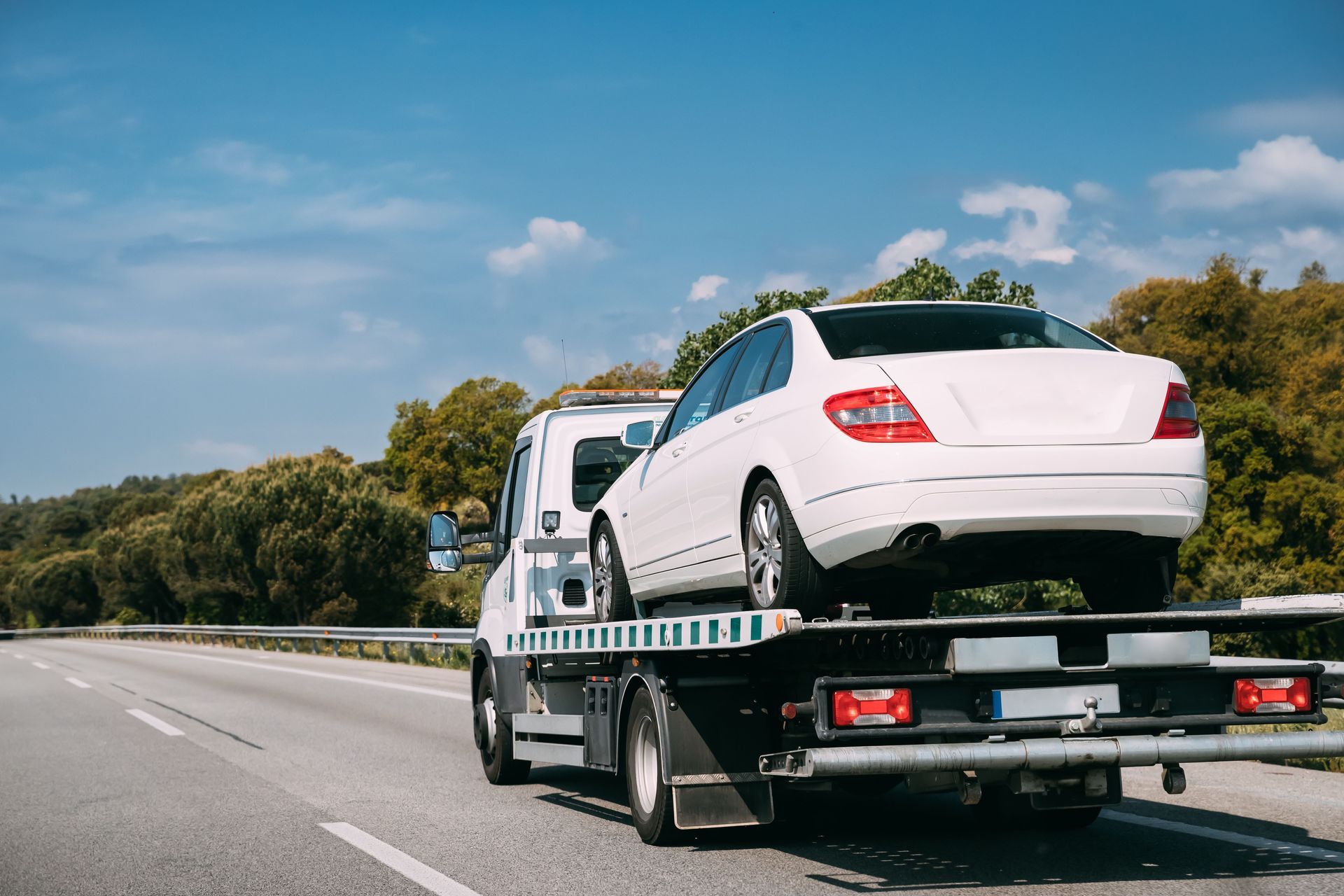
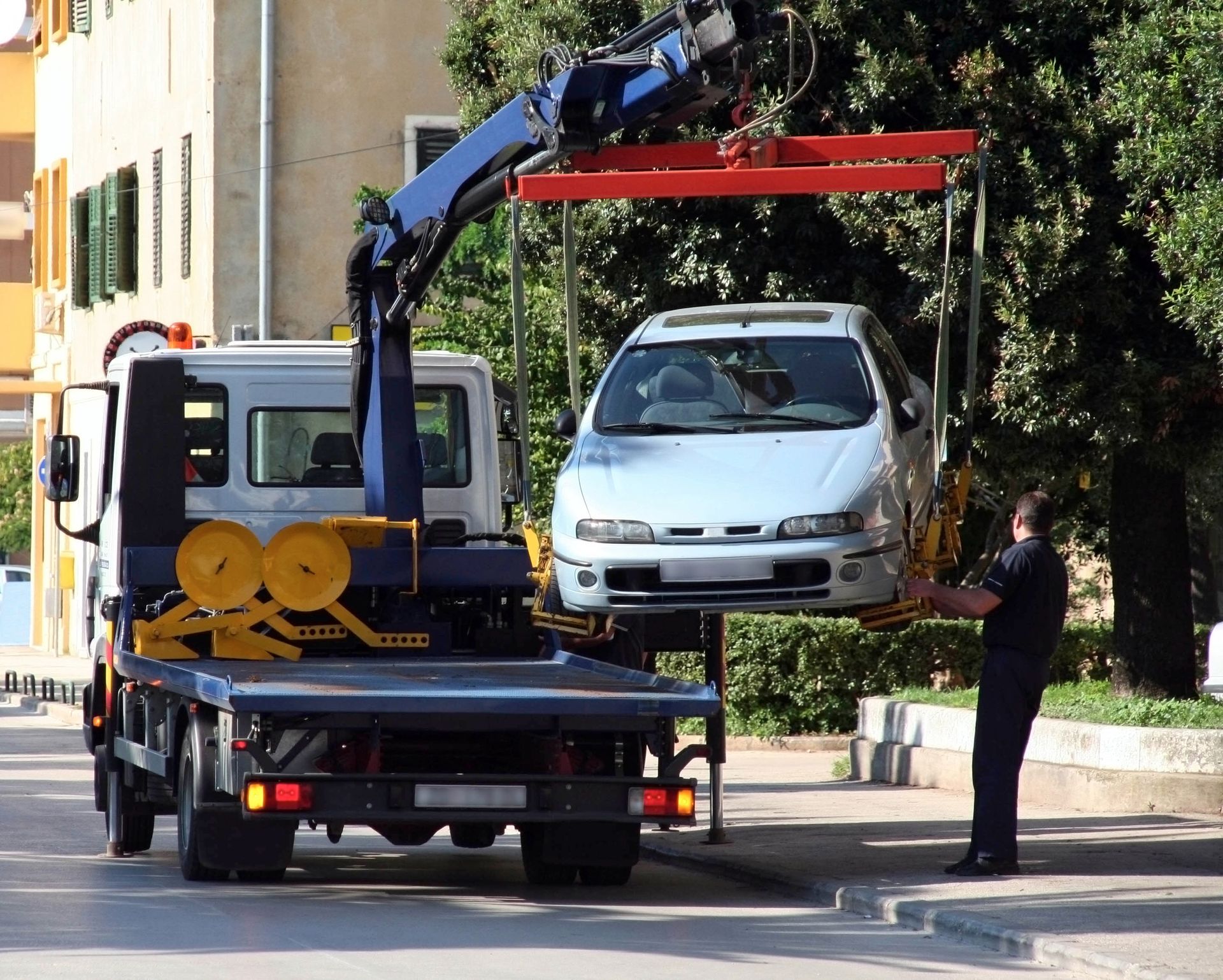
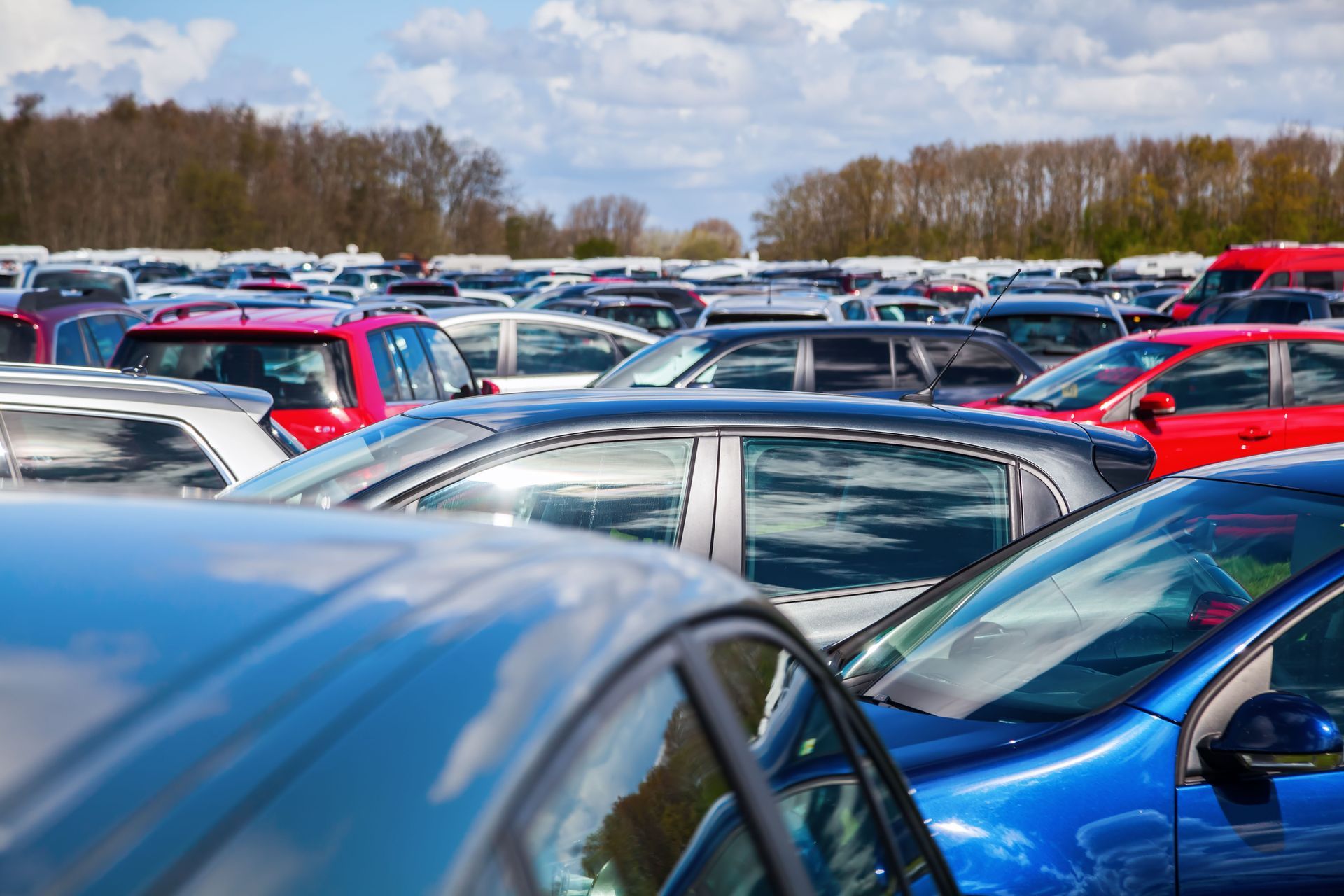
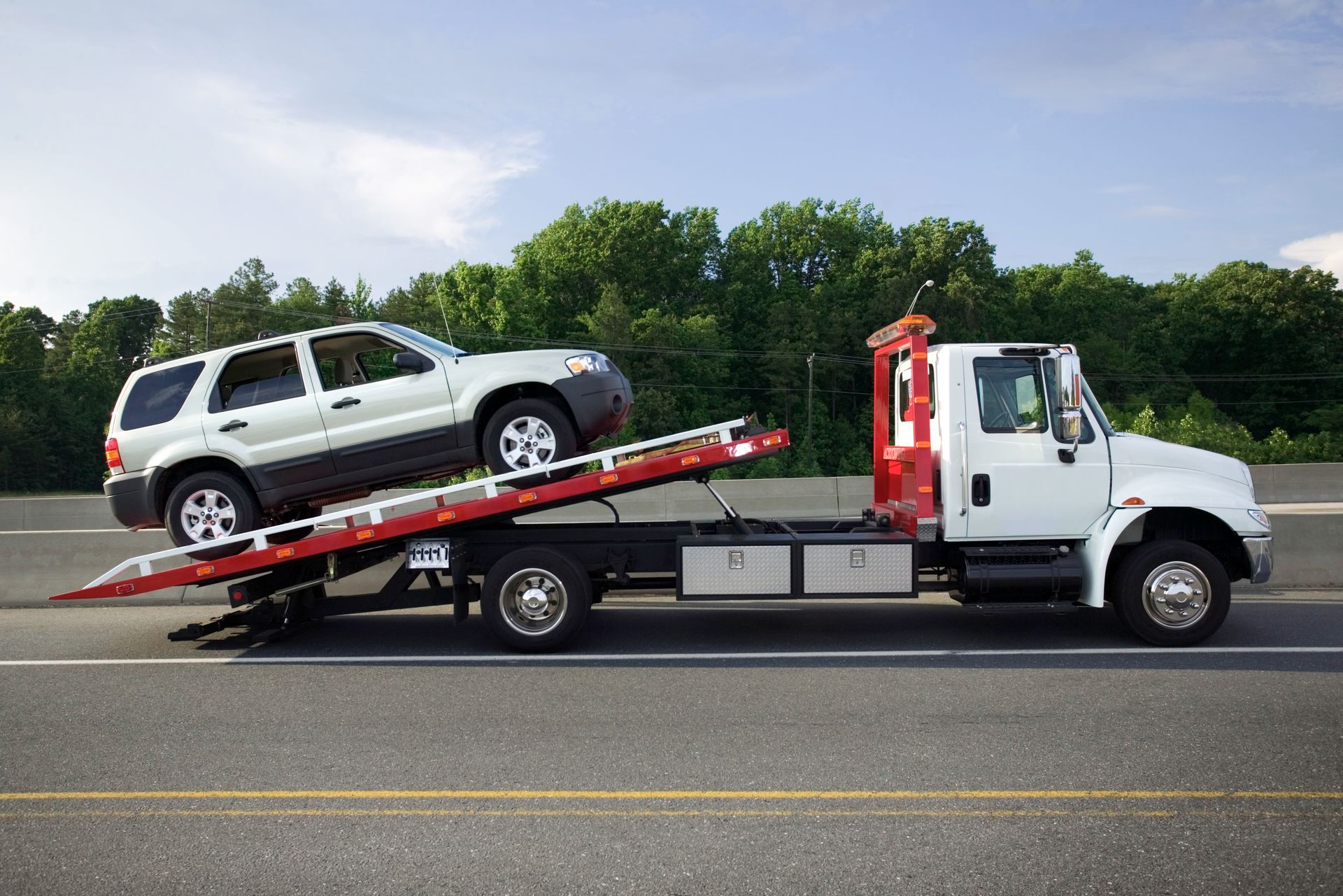
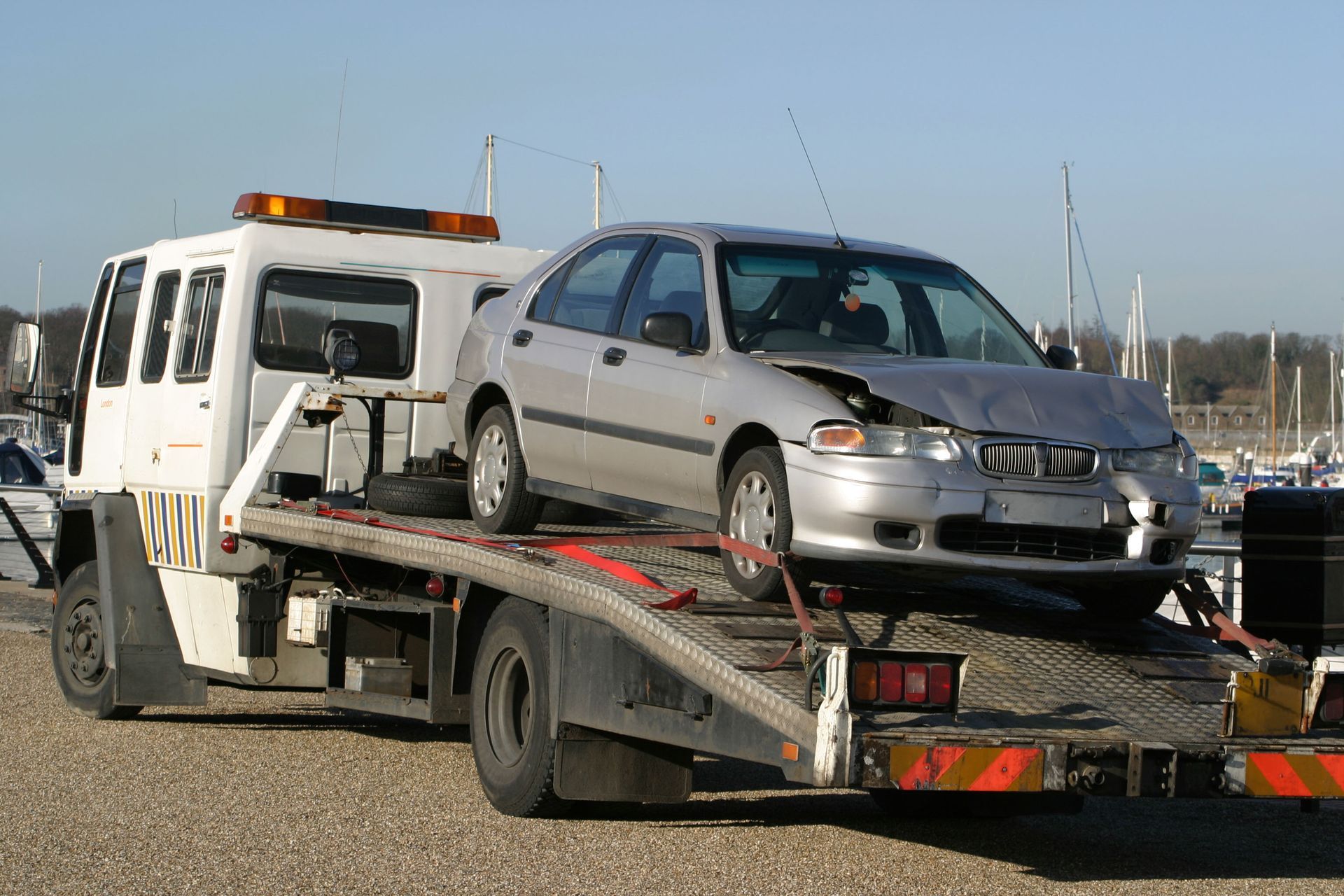
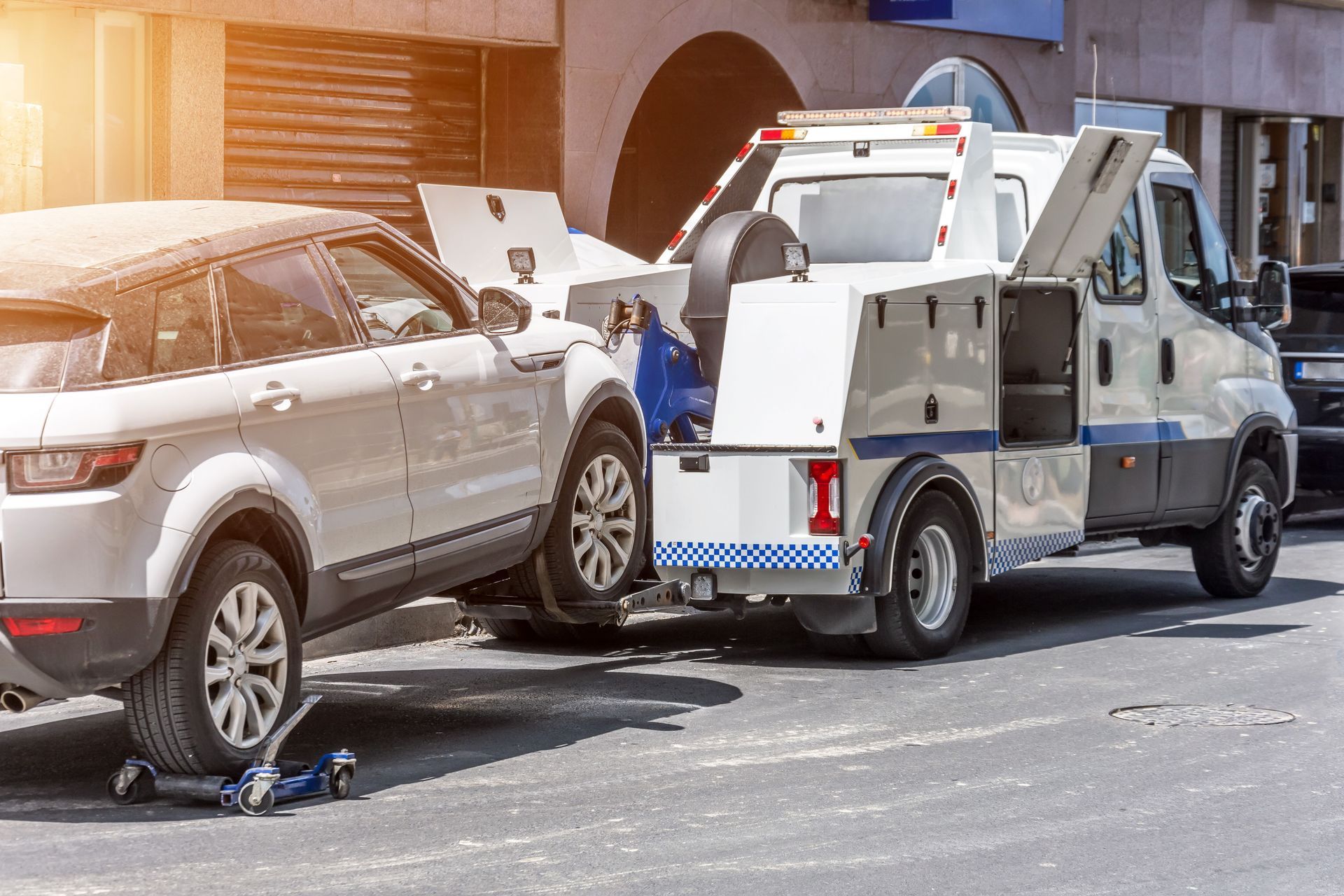
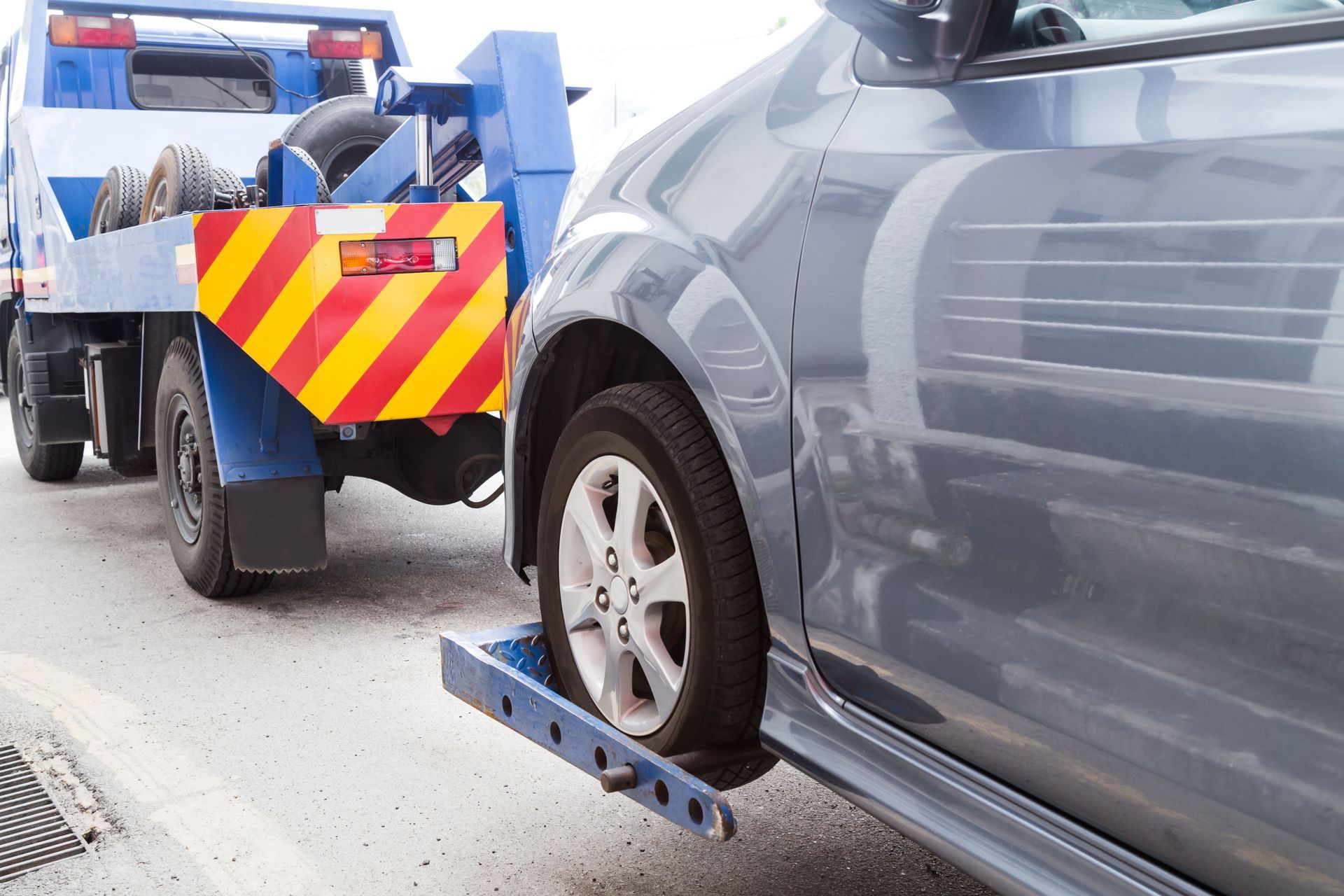
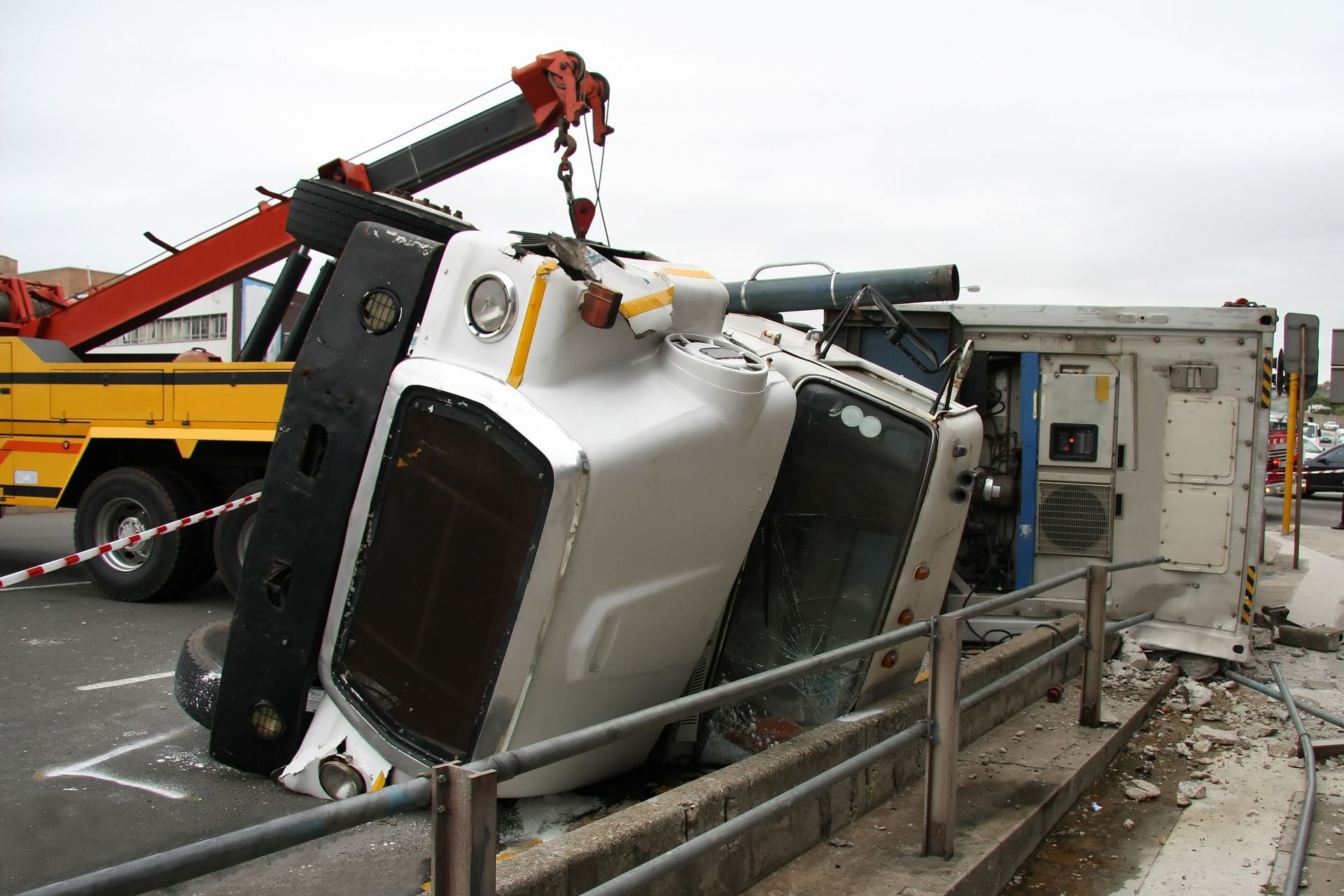
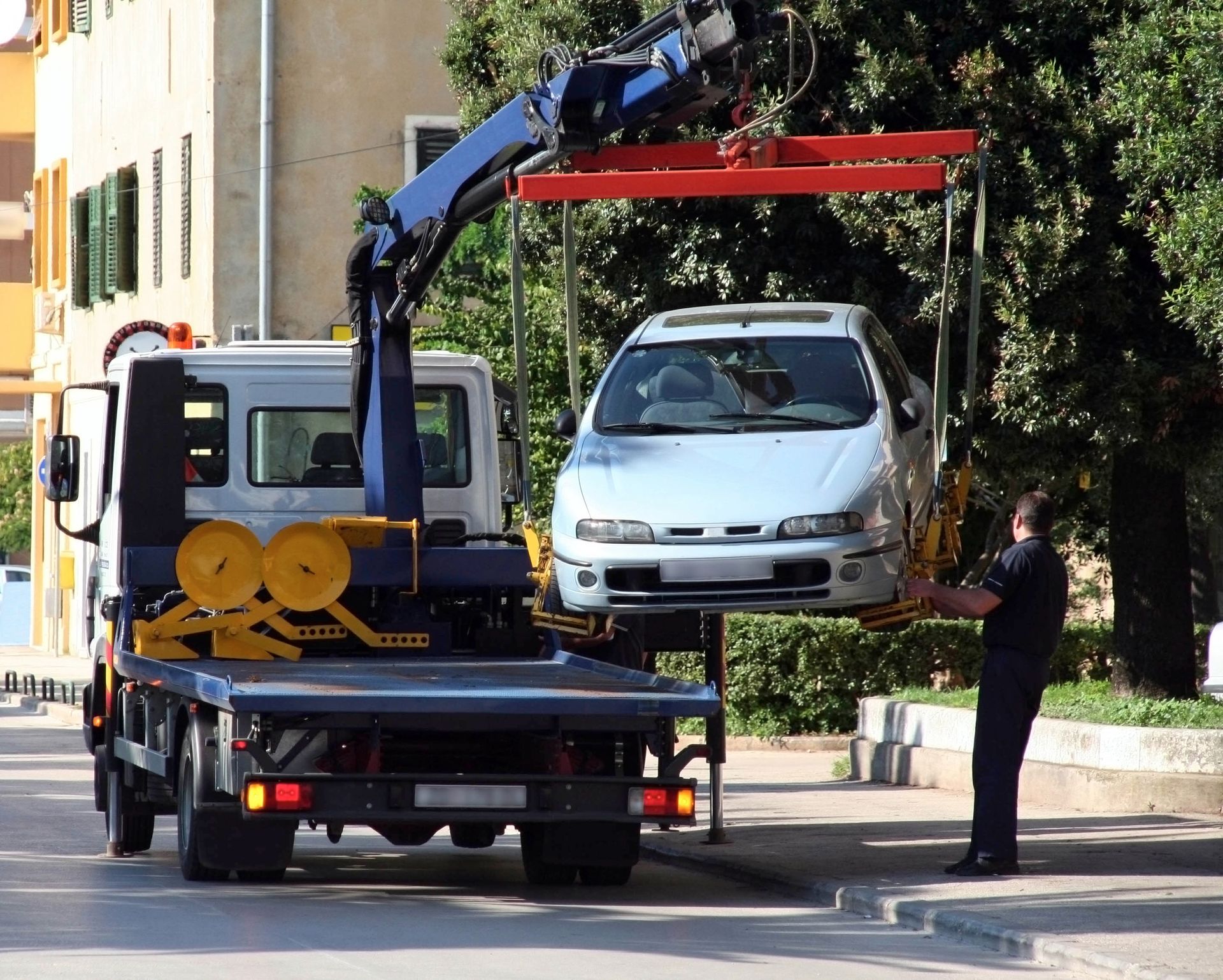
Share On: